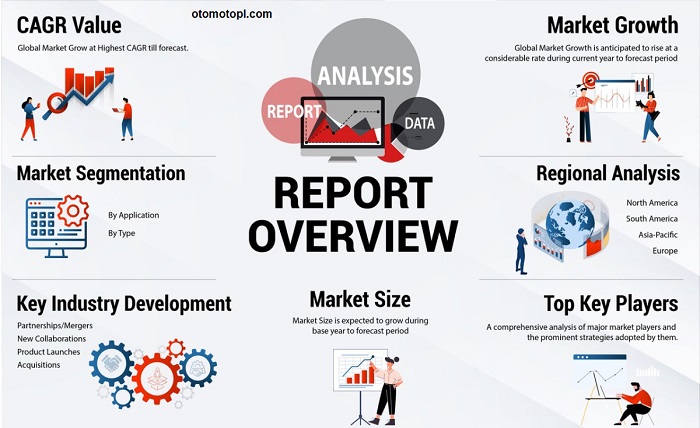In a world increasingly concernedwith environmental issues and resource depletion, sustainable business practices have emerged as a crucial driver of success for companies in the 21st century. Embracing sustainability is not just a moral obligation but also a strategic imperative that can lead to both environmental and economic benefits. This article explores the concept of sustainable business practices and how they can serve as a roadmap to achieving environmental and economic success.
Defining Sustainable Business Practices
Sustainable business practices, often referred to as Corporate Social Responsibility (CSR), involve integrating ethical, social, and environmental concerns into a company’s business operations and interactions with its stakeholders. Sustainability goes beyond mere profit-making and seeks to balance economic success with social and environmental responsibility. Companies that embrace sustainability commit to minimizing their negative impacts on the environment while also actively contributing to the well-being of their communities.
Environmental Sustainability
Reducing Carbon Footprint
One of the primary components of environmental sustainability is reducing a company’s carbon footprint. This involves minimizing greenhouse gas emissions by adopting energy-efficient technologies, promoting the use of renewable energy sources, and reducing waste generation. Companies often set targets for carbon reduction and regularly report on their progress.
Resource Efficiency
Sustainable businesses actively manage their resources, striving to reduce waste and promote resource efficiency. This includes efforts to minimize water and energy consumption, reduce material waste, and optimize production processes to ensure minimal environmental impact.
Biodiversity Conservation
Companies are increasingly recognizing the importance of preserving biodiversity. Sustainable practices may include habitat conservation, reforestation, and wildlife protection initiatives in areas where a business operates.
Economic Sustainability
Long-Term Profitability
Sustainable business practices are not just about environmental stewardship; they are also about ensuring long-term profitability. By reducing resource waste and operating more efficiently, companies can save money and boost their bottom line. They are better prepared to navigate economic uncertainties and market fluctuations.
Enhanced Brand Reputation
Sustainability efforts can enhance a company’s brand reputation, making it more attractiveto consumers and investors. A positive image built on environmental responsibility and ethical business practices can lead to increased sales and investment opportunities.
Cost Reduction
By implementing sustainable practices, companies can reduce their operating costs. This includes savings from energy-efficient measures, waste reduction, and streamlined supply chains. These cost reductions directly impact a company’s financial health.
The Triple Bottom Line Approach
The concept of the triple bottom line is a framework that encourages businesses to consider three main aspects of their performance: profit (economic), people (social), and planet (environment). By balancing these three components, companies can achieve sustainable success. This approach promotes a holistic perspective on business success, going beyond traditional profit-centered metrics.
Economic Bottom Line
Companies must generate profits to sustain their operations and growth. Sustainable business practices ensure that profitability is not achieved at the expense of environmental or social concerns. Long-term economic success is the foundation of the triple bottom line approach.
Social Bottom Line
The social component emphasizes the well-being of employees, customers, and communities. It includes fair labor practices, community engagement, diversity and inclusion initiatives, and ethical supply chain management.
Environmental Bottom Line
The environmental aspect focuses on minimizing a company’s ecological footprint. It encompasses carbon emissions reduction, waste reduction, resource efficiency, and conservation efforts.
Case Studies in Sustainable Business Practices
To illustrate the real-world impact of sustainable business practices, let’s look at two case studies.
Patagonia
Outdoor clothing retailer Patagonia is renowned for its commitment to environmental sustainability. The company has pledged a percentage of its annual sales to environmental causes and actively promotes recycling and repair of its products. By aligning its brand with environmental values, Patagonia has attracted a loyal customer base and enjoyed steady growth.
Unilever
Consumer goods giant Unilever has integrated sustainability into its business model through its Sustainable Living Plan. The plan outlines ambitious goals, including reducing the environmental impact of its products and improving the health and well-being of millions of people. Unilever’s commitment to sustainability has not only improved its brand image but also positively impacted its bottom line.
Challenges and Roadblocks
While the benefits of sustainable business practices are clear, implementing them can be challenging. Common roadblocks include initial costs, resistance to change, and regulatory hurdles. However, these challenges can be overcome through careful planning, long-term vision, and commitment from leadership.
Conclusion
Sustainable business practices offer a roadmap to both environmental and economic success. By integrating ethical, social, and environmental concerns into their operations, companies can reduce their carbon footprint, enhance their brand reputation, and achieve long-term profitability. The triple bottom line approach provides a holistic framework for achieving sustainability, taking into account economic, social, and environmental considerations.
Through case studies like Patagonia and Unilever, we can see that sustainability is not just a moral obligation but also a smart business strategy. While challenges may exist, the benefits far outweigh the costs, making sustainable business practices a key driver of success in the 21st century.




